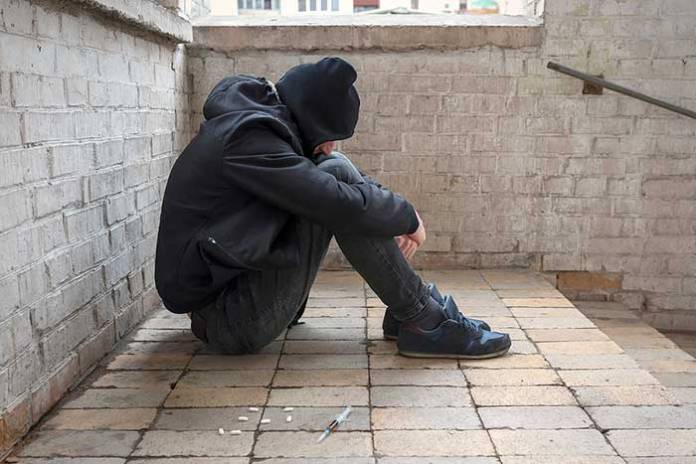
Advancement has led us to various approaches that explain ways of dealing with drug addiction. The latest techniques are offering evidence-based approaches to meet the unique needs of every addicted patient. These customized plans involve many plans that include family therapies, group therapies, and personalized therapies to help the addict in getting over traumas and excessive drug consumption. These complementary and latest modes also have incorporated physical and mental exercises like meditation, yoga, outdoor activities, and barre to activate and incorporate healthy habits. Today we’ll analyze the latest approach that offers ways to struggle with drug addiction. Experienced staff, counselors, and therapists design the entire recovery journey. Detox Queen is a unique way to discover your triggers and work on your weaknesses. The treatment design will help in overcoming addiction by using various levels of care.
As we were talking about new approaches to treat addiction, so today we will discuss therapies, various benefits offered by them, and types within this category. These therapies are designed according to the addiction type, recommended by the counselor.
1. Individual Therapy
The journey of recovery starts from individual personal counseling because it is essential to set his mindset towards a cure. This therapy involves various sessions between the addict and a therapist. These sessions help the addict in finding a way out and designing the direction where he wants to head out. The sessions are held privately, kept confidential, and tend to explore all the issues which are leading the person to addiction. They discuss all the issues related to past and ongoing issues that are a traumatizing addict. Two factors of our life play a very important role that is a psychological factor and emotional factors. The therapists are there for them to identify the issues and develop a plan to achieve the goals of treatment. There are variations among individual therapy as well like Cognitive Behavioral Therapy whose main focus is on cognitive decisions and activities. Apart from it, we also have Acceptance and Commitment Therapy, Dialectical Behavioral Therapy, Cognitive Processing Therapy, Eye Movement Desensitization, etc. All of these therapies have shown effective results while conducting individual therapies.
2. Expressive therapy
This therapy has uniqueness in itself. It provides a wide variety of artistic activities that will creatively involve the addicts and divert their minds. Arts have the power of healing the experiences of a person. It makes a powerful impact and proves that involvement in creative activities plays a very effective role during the entire process. No matter how high class your treatment is, the combination of that treatment with exercises and activities will triple the benefit. The rest of the therapies are dealing with drugs so activities like these one offer fresh insight and help the patient in gaining new perspectives. This therapy includes visual arts, writing journals, do creative writing, sketching, painting, and music. These activities connect the person with his creativity and he explores new skills within him. They learn new talents, learn to show their emotions, and identify the unexplored skills that will help them all his life.
3. Family Therapy
We are nothing without the support of our family. The warmth, concern, care, and love of family are unconditional and their presence resolves half of the issues. The love of family in an unfortunate situation is like a shadow in a desert. It makes the journey of drug addiction successful and helps the addict in relieving his anxiety and sadness. When the addict knows that their family support is with them, they feel less depressed. The therapies at the center involve the family so that the involvement can be reviewed. The family and counselor sit together, analyze the case and take necessary steps that will be beneficial for the treatment. Counselors and therapists also try to resolve the existing conflicts between an addict and his family. (If any)
4. Group Therapy
Last but not the least; we will discuss the role of group therapies. Firstly it is important to know what group therapies propose. These are the professional meetings and sessions that include a group of addicted patients. The number of addicts varies, sometimes are less than ten but a maximum group of twelve people is trained at a time. These sessions discuss all the problems of addicts and the factors which show relevance to the recovery. Group members are motivated to share their deep and inner insights regarding addiction. The interactive conversation includes all the sensitive issues to be addressed. Group members are motivated to be each other’s support. Sometimes the groups are categorized further into small groups depending on the aim to be achieved. For example, some people have anger management issues, some have concerns with relapse, some are processing their traumas so further categorization within-group therapies help to achieve the desired objective.











